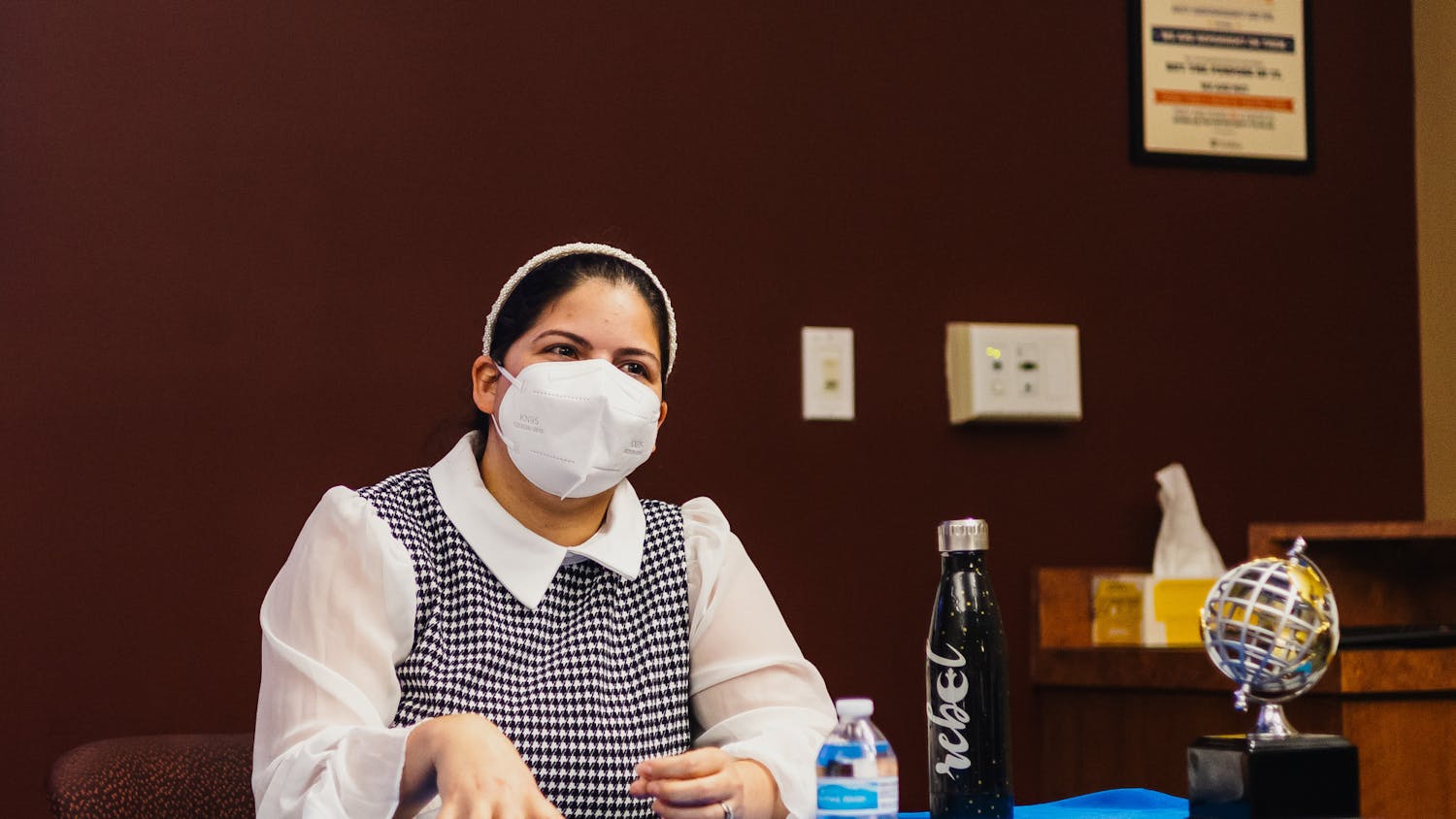The “L” word. It’s that four-letter word that some people hardly use, some people always use, and some people cringe when they hear it spoken out loud.
Of course, I’m talking about “like.”
Bet you thought I was going to say “love.” Or, for those who only read the first three words and didn’t read anything else, “lesbian.”
No, I’m referring to the absolutely overused sentence filler that we as the millennial generation have come to know and love. Don’t be mistaken: Women are not the only culprits of this offense. Men are just as guilty.
Luckily, I am here to appeal to the UF Student Body: Like, it has to stop.
Now, don’t get me wrong. The word “like” has many practical applications. It is useful when comparing one thing to another.
For example, “The Lakers are playing like garbage.” An example of how NOT to use the word “like” would be, “And I just don’t, like, understand anything that he teaches. Like, it’s not fair!”
Askmen.com, well, asked men what they thought the 10 most overused words were, and “like” topped the list. Zoë Triska, associate books editor for the Huffington Post, admitted that as a native Californian, she is guilty of using the “overused, filler word” over and over again, yet acknowledges that it makes her sound stupid.
If you’re thinking about hiring Sarah McLachlan to make a sad commercial about the abuse of “like,” and how if you donate only 25 cents per day, you could help someone who suffers from the abuse of “like.” Just call now. Your donation matters.
But Gators, in all seriousness, not only are we perpetuating this image of intellectual insecurity to each other, but we are communicating to our younger generations that this is an acceptable way to speak.
In the not-so-distant future, we will be the ones sitting behind the big desks in the corner office.
We will be the ones conducting interviews and asking some young candidate questions about their work ethic, education and credentials, and when they start vomiting up the word “like,” will you be thinking about inviting them to the next networking meeting?
They could be very qualified and very well-read, but if they are not well-spoken, would any of it matter?
So, how can we stop this? Some speech pathologists recommend that the “like” user record himself or herself while telling a story to a friend, perhaps when on the phone. When the person goes back and listens to the recording, they should count the amount of times they said “like.”
Afterward, he or she would repeat the story without saying “like.” With gradual repetition of this process with different stories, speech pathologists believe that one will come to rely less on the word as a filler in conversation.
We are UF students. We are intelligent and worthy academics, but this verbal fluff must come to an end. We are no Paris Hiltons or Kim Kardashians.
Make sure you represent yourself and your ideas properly and intelligently. Our professional lives are just starting, and we will encounter countless meetings, interviews, presentations and conferences where proper language use is essential to success.
Essentially, just be conscious of the word and how often you rely on it because you never know who might, like, be listening.
[Rachel Kalisher is an anthropology and classics senior. A version of this column ran on page 6 on 5/13/2014 under the headline "Like, just stop: good speech does matter"]




